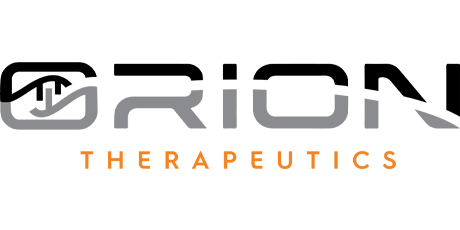dbTwin, Inc.
80% of all business data is structured data in the form of tables and databases. Regulatory constraints like HIPAA, CCPA & GDPR make it difficult and costly to run AI, analytics, and software development workflows on structured data. With the synthetic data market projected to grow from $600M in 2025 to $4.9B by 2032 at a 35% CAGR, there is an urgent need for scalable, efficient, and privacy-compliant solutions.





